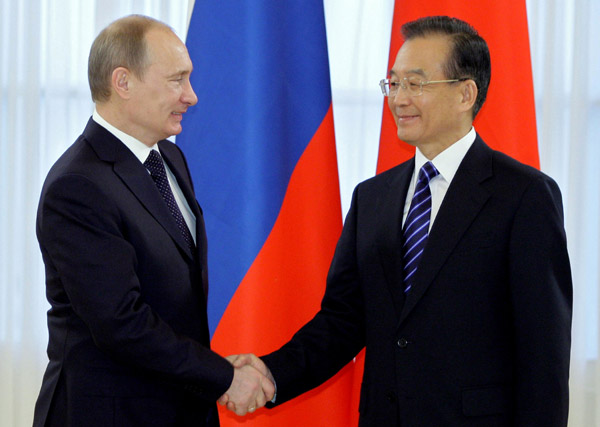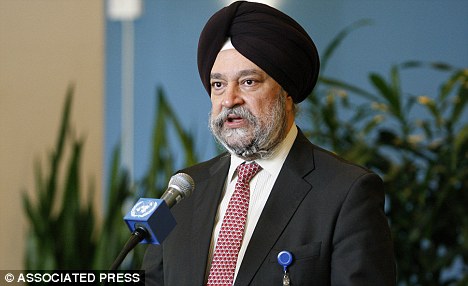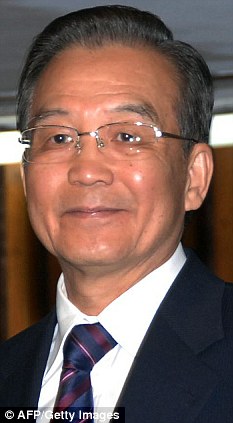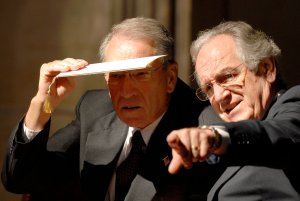CIA Officers Won’t Be Charged in Destroying Tapes
Nov. 9 (Bloomberg) -- The Justice Department isn’t bringing criminal charges against Central Intelligence Agency officers involved in destroying videotapes of harsh interrogation techniques used on terrorism suspects.
John Durham, the prosecutor appointed to handle the case, aided by a team of attorneys and FBI agents, conducted an “exhaustive investigation” and decided not to pursue a criminal case, according to a statement issued today by Matthew Miller, a Justice Department spokesman.
The videotapes recorded the 2002 interrogations of two detainees, al-Qaeda leader Abu Zubaydah and Abd al-Rahim al- Nashiri, a suspected al-Qaeda leader behind the USS Cole bombing in 2000. The tapes were destroyed in 2005 and the CIA disclosed what happened in 2007. Interrogation methods included simulated drowning, or waterboarding, which became a contentious political issue.
A Justice Department criminal investigation into the treatment of detainees by CIA officers remains open, Miller said in an e-mail. Attorney General Eric Holder said last year that Durham was investigating interrogations of specific detainees.
The CIA withheld disclosure of the tapes’ destruction from Congress, the courts and a commission that investigated the Sept. 11 attacks, lawmakers said. Then-CIA Director Michael Hayden said the tapes were destroyed to protect interrogators’ safety.
Jose Rodriguez, head of the CIA’s clandestine service at the time, approved the tapes’ destruction.
‘An American Hero’
His lawyer, Robert S. Bennett of Hogan Lovells in Washington, said in a statement: “This is the right decision because of the facts and the law. Jose Rodriguez is an American hero, a true patriot who only wanted to protect his people and his country.”
The Justice Department’s decision is “a huge disappointment,” said Christopher Anders, senior legislative counsel in Washington for the American Civil Liberties Union. He said the tapes should have been preserved and provided to the ACLU in response to a Freedom of Information Act request from the organization.
“There’s a lot of evidence that top government officials during the Bush administration ignored orders from federal courts to not destroy evidence related to torture,” Anders said in an interview.
Former Attorney General Michael B. Mukasey appointed Durham, a prosecutor in Connecticut, in 2008 after a preliminary inquiry by the CIA’s inspector general and the Justice Department’s national security division found a basis for starting a criminal probe.















